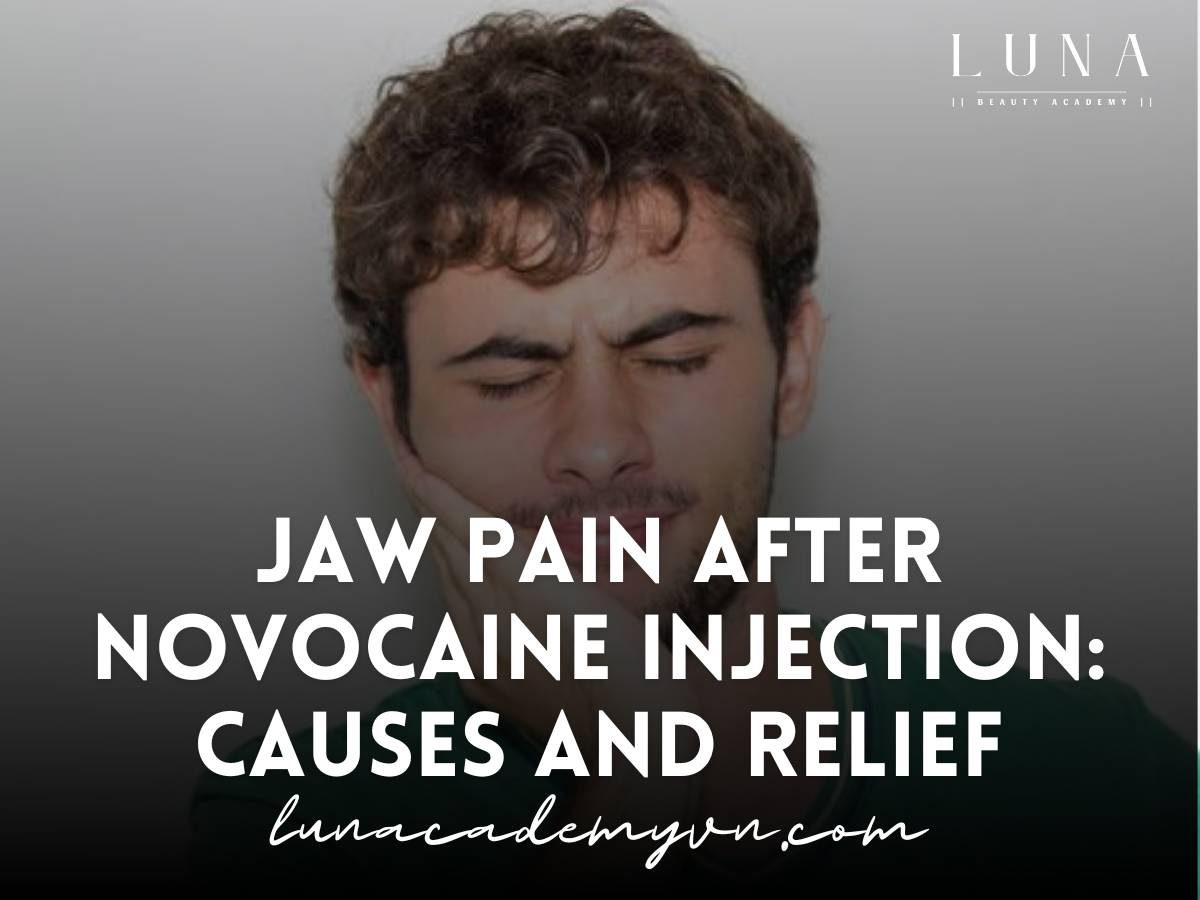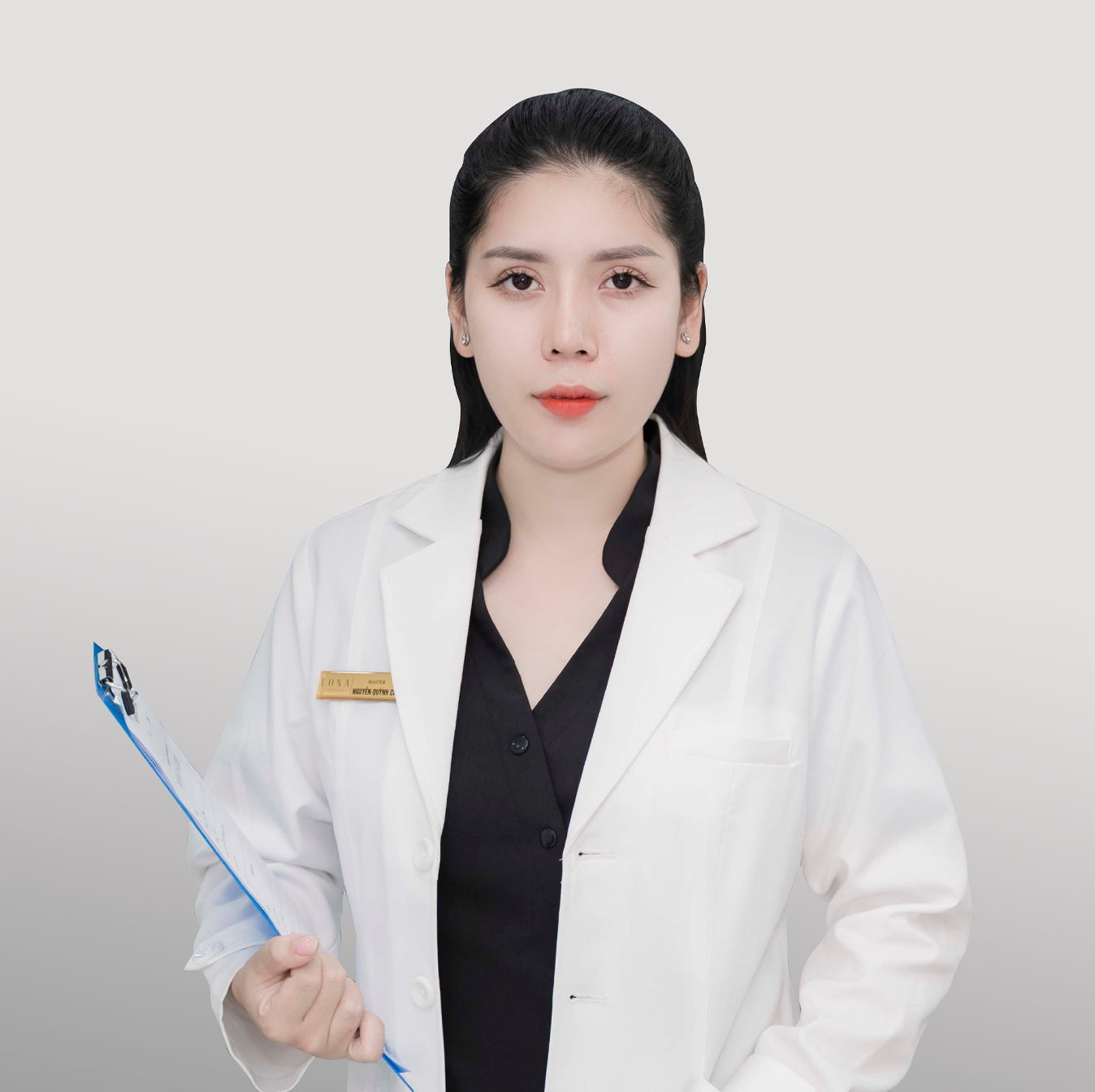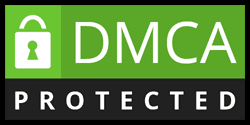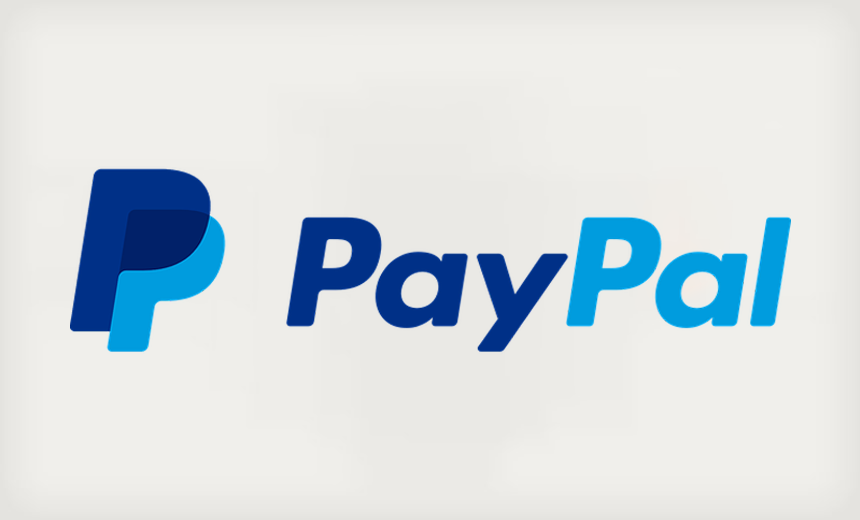Jaw pain after novocaine injection is a common experience during dental procedures, as it helps numb the area and prevent pain. However, for some individuals, pain in the jaw may develop after the injection. This discomfort can last for several days and may cause concern. Understanding the possible reasons behind this pain, how long it might last, and what can be done to alleviate it is essential for ensuring a comfortable recovery.
In this article, we will explore the common causes of jaw pain after a Novocaine injection and offer solutions for managing it.
Table of Contents
ToggleNovocaine Injection Site Pain Days Later

After a dental procedure, it’s common to experience mild discomfort at the injection site, particularly if a local anesthetic like Novocaine was used. While this pain typically subsides within a few hours, some individuals may continue to feel pain in the jaw for several days. Below are some of the most common causes and factors that contribute to this lingering discomfort.
1. Injection Trauma
When the needle is inserted into the tissue for the Novocaine injection, it can cause minor trauma. The jaw muscles or nerves may be irritated, leading to pain that can last for a few days. The injection itself might not feel very painful initially due to the numbing effect, but once the anesthesia wears off, you may experience soreness around the injection site. The tissue around the needle’s entry point may also become inflamed, which can contribute to prolonged discomfort.
2. Muscle Soreness from Injection
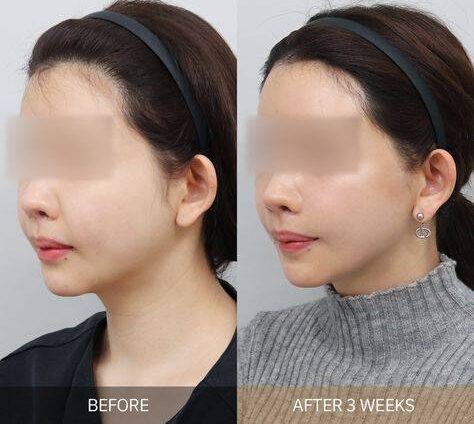
The jaw is home to various muscles that help you chew, speak, and move your mouth. If the needle used for the Novocaine injection hits or irritates one of these muscles, it can lead to muscle soreness. This is particularly common if the dentist has to give multiple injections or if the needle is inserted deep into the muscle tissue.
Muscle soreness can feel similar to the soreness you might experience after exercising, and it may worsen when you try to chew or open your mouth wide. This kind of discomfort usually resolves itself within a few days but can persist longer in some cases.
3. Nerve Irritation
Though rare, the Novocaine injection could cause temporary irritation to a nerve. If the needle hits a nerve or the anesthetic spreads to a nerve, it could lead to pain, tingling, or even a burning sensation in the jaw. This type of nerve-related pain can sometimes last for several days, although it typically resolves on its own as the nerve recovers.
In extreme cases, nerve damage can occur, although this is very uncommon with Novocaine injections. If you experience intense or sharp pain that doesn’t subside, or if you notice unusual symptoms like numbness that lasts longer than a day or two, it’s important to contact your dentist.
4. Injection Site Infection
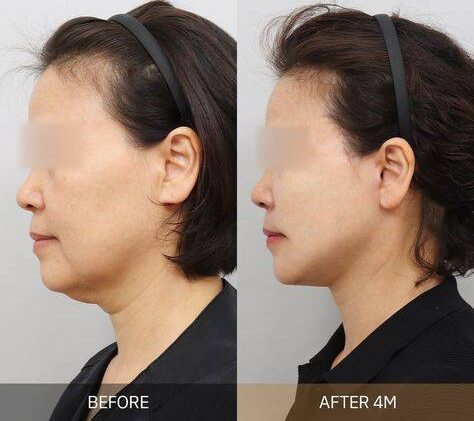
Another potential cause of pain days after a Novocaine injection is an infection at the injection site. Although rare, infections can develop if bacteria are introduced into the tissue during the injection process. Signs of an infection include:
Redness or swelling around the injection site
Increasing pain that does not improve with time
Warmth or tenderness in the affected area
A fever or feeling generally unwell
If you suspect that you have developed an infection, it’s important to see your dentist or healthcare provider as soon as possible. Antibiotics may be required to treat the infection and prevent further complications.
5. Temporomandibular Joint (TMJ) Stress
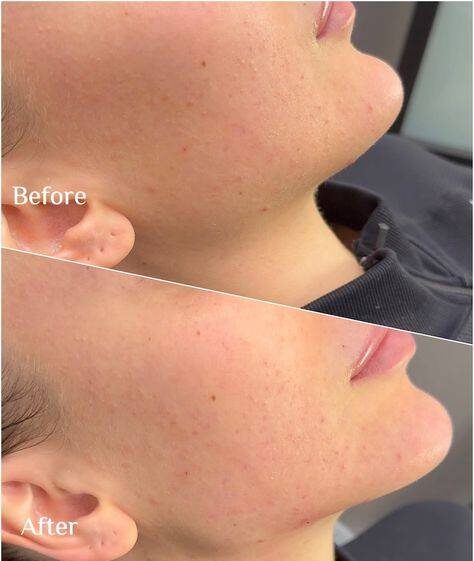
For some individuals, the process of keeping the mouth open wide during a dental procedure can place strain on the temporomandibular joint (TMJ), which connects the jaw to the skull. This strain can lead to pain in the jaw that lasts for days after the procedure. TMJ stress can make it difficult to open your mouth, chew, or speak comfortably.
This type of pain is not directly related to the Novocaine injection itself but is instead a result of the physical demands placed on the jaw during the dental procedure.
How to Relieve Jaw Pain After a Novocaine Injection
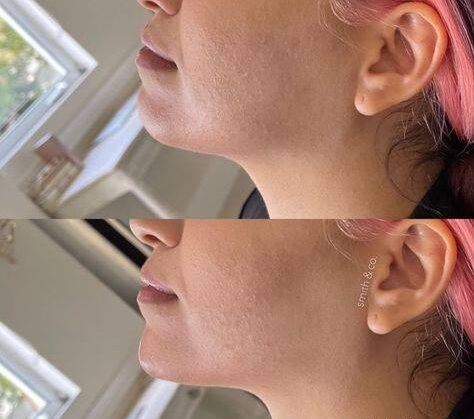
Fortunately, there are several ways to relieve jaw pain after a Novocaine injection. The following tips can help you reduce discomfort and promote faster healing.
1. Apply a Cold Compress
Using a cold compress can help reduce inflammation and numb the pain around the injection site. Simply apply the cold compress to the side of your face near the injection site for 10-15 minutes at a time, making sure to take breaks to avoid freezing your skin. Cold therapy is most effective within the first 24 hours after your dental procedure, but it can still provide relief if used in the following days.
2. Take Over-the-Counter Pain Relievers
Over-the-counter pain relievers, such as ibuprofen or acetaminophen, can help reduce pain and inflammation after a Novocaine injection. Be sure to follow the dosage instructions on the label and avoid taking more than the recommended amount.
If your pain persists despite using these medications, consult with your dentist to see if a stronger prescription pain reliever might be necessary.
3. Practice Gentle Jaw Stretches
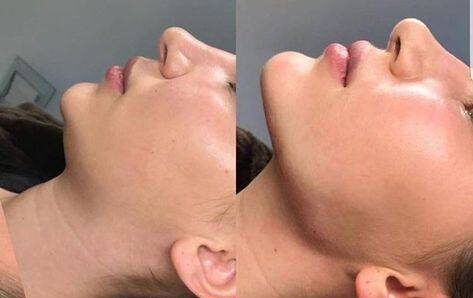
If your jaw pain is due to muscle soreness or TMJ stress, gentle jaw stretches may help improve mobility and reduce tension. Simple exercises, such as opening and closing your mouth slowly and moving your jaw from side to side, can help ease the stiffness and discomfort.
However, be careful not to overextend your jaw or perform these exercises too aggressively, as this could exacerbate the pain.
4. Eat Soft Foods
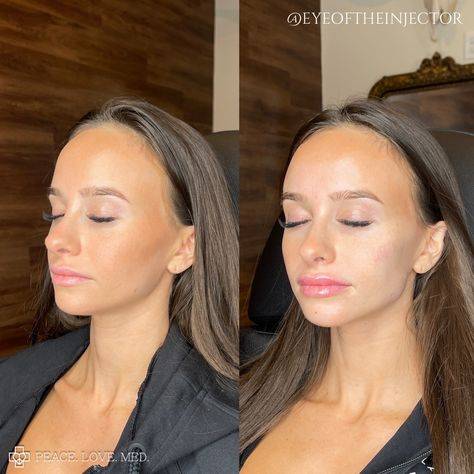
Chewing hard or crunchy foods can worsen jaw pain after a Novocaine injection. For the first few days following your dental procedure, stick to soft foods like mashed potatoes, yogurt, applesauce, and smoothies. Avoid chewing gum or other items that require extensive jaw movement, as this can place additional strain on the muscles and joints.
MORE: Meso Definition: Unveiling the Meaning and Applications
5. Rest Your Jaw
It’s important to give your jaw plenty of rest after a dental procedure, especially if you’re experiencing pain. Try to avoid activities that require excessive jaw movement, such as talking for extended periods, singing, or chewing tough foods. Resting your jaw can help reduce inflammation and promote faster healing.
6. Consult Your Dentist if Pain Persists
If your jaw pain does not improve after a few days or if it worsens, it’s important to consult your dentist. In some cases, persistent pain could indicate a more serious issue, such as an infection or nerve damage. Your dentist will be able to assess the situation and recommend further treatment if necessary.
When to See a Doctor
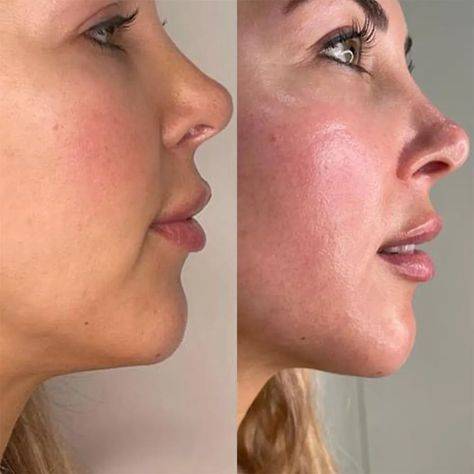
While mild to moderate jaw pain after a Novocaine injection is typically normal and will resolve on its own, there are certain symptoms that may indicate a more serious issue. Seek medical attention if you experience any of the following:
Severe or worsening pain that does not improve with time
Signs of infection, such as redness, swelling, warmth, or fever
Numbness or tingling that persists for more than a few days
Difficulty opening your mouth or speaking
Sharp, shooting pain in the jaw or face
Early intervention can help prevent complications and ensure that you recover quickly and comfortably.
Conclusion
Jaw pain after a Novocaine injection can be uncomfortable, but it is usually temporary and manageable. By understanding the common causes of this pain and following the tips outlined in this article, you can help alleviate discomfort and promote faster healing. If your pain persists or worsens, don’t hesitate to reach out to your dentist for further evaluation and treatment.
To stay updated with essential beauty tips and information from Luna Beauty Academy, follow us and check back regularly for the latest insights. We’re dedicated to providing you with the most valuable and current knowledge in the beauty industry!

